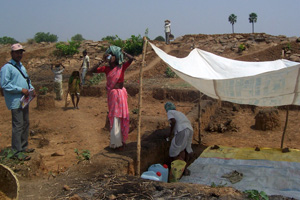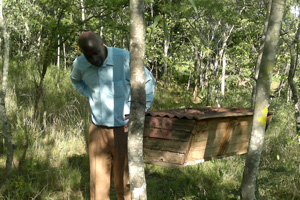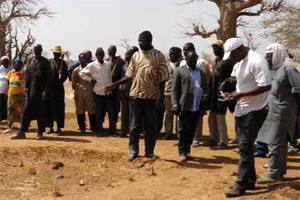Our global food system is largely based on unsustainable industrial agricultural practices, is a major source of greenhouse gas emissions, is controlled by a handful of large corporations and produces unhealthy food. Agroecology is a solution to these increasingly urgent problems.
After decades of being dismissed by mainstream institutions and defended in obscurity by grassroots movements and farmers, agroecology is suddenly in fashion. The UN Food and Agriculture Organization, government ministries and even corporations are jumping on the bandwagon. But, are they pushing the same agroecology as developed by pioneering farmers and scientists and pushed for by peasant social movements, or are they seeking to co-opt the concept and give it different content? Rosset and Altieri, two of the world’s leading agroecologists, outline the principles, history and currents of agroecological thought, the scientific evidence for agroecology, the social aspects of bringing agroecology to scale and the contemporary politics of agroecology.






